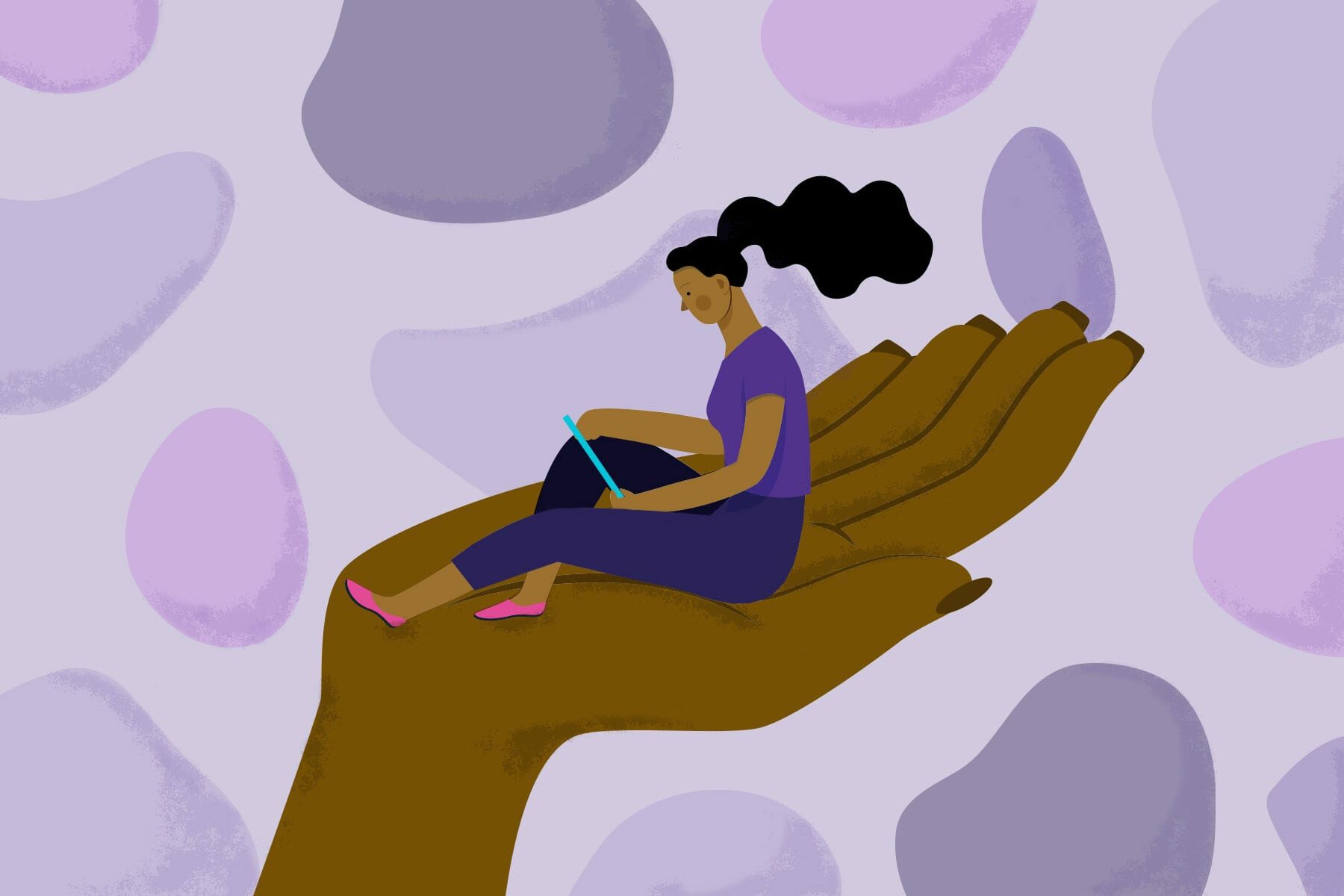There are a number of factors affecting women’s mental health. Some consist of,
- Women are more likely to be the main care giver for their children than men, and may care for older or disabled relatives too. Women care givers are more likely to experience anxiety and depression than other women.
- Women are more likely to live in poverty than men.
- Poverty, working mainly in the home and concerns about personal safety can all make women feel isolated. Social isolation is linked to mental health problems.
- Physical and sexual abuse can have a long-term impact on women’s mental health, especially if they haven’t received any support.
- Women are exposed to more sexual violence than men, which means more women are affected by PTSD.
- When women find it hard to talk about difficult feelings and internalise them, this can lead to problems such as depression and eating disorders. They may express their emotional pain through self-harm, whereas men are more likely to act out their feelings through disruptive or anti-social behaviour.
There are also factors that protect women’s mental health:
They tend to have better social networks than men and find it easier to confide in their friends. Women are also more likely to have been treated for a mental health problem (29% compared with 17% of men). This reflects women’s greater willingness to acknowledge they need help. It may also reflect doctors’ expectations of the kinds of health problem that women and men are likely to encounter.
Why do more women than men experience depression?
One in four women experience depression compared to one in 10 men. It’s not clear why this is, but factors such as poverty, isolation and hormonal changes are likely to make an impact. Some researchers also believe depression is under-reported in men.
Around 10-20% of women experience depression while they’re pregnant or after giving birth. Lots of people are aware of postnatal depression, which occurs around the first year after giving birth. But it’s less well known that women can experience antenatal depression while they’re pregnant. Serene Rehabilitation Centre based in Nairobi, Kenya is an organization provides confidential support to anyone in need of help with a Substance Use Disorder and Mental Illness issues such postnatal or antenatal depression
Women have a longer life expectancy than men, meaning they’re more likely to experience the mental health difficulties that can come with older age. Older people are often faced with more difficult life events and daily stresses than younger people, which may explain their increased risk of depression. Losses – such as bereavement or loss of independence – can also trigger depression. Around 40% of people in care homes have symptoms of depression.
If you have questions or need to speak with someone for support, call or text 0746460202 today.
A safe haven for you.


